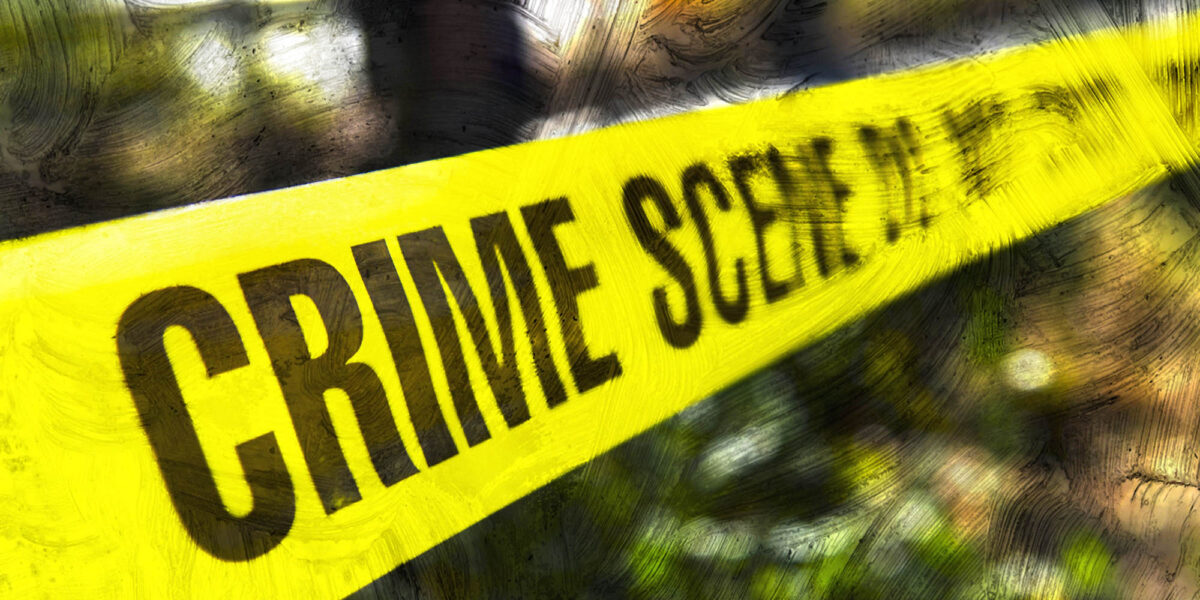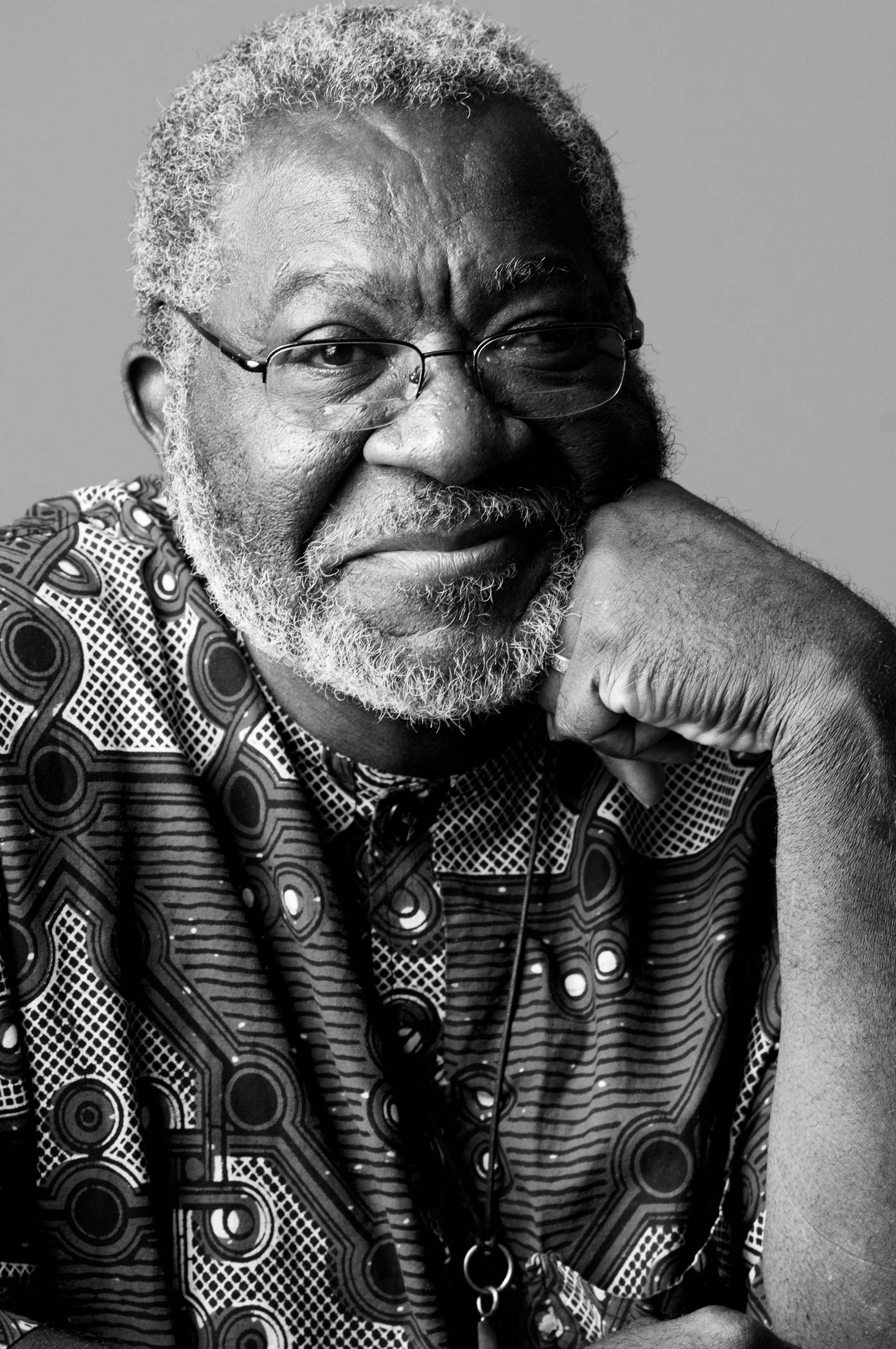My daughter is a social justice advocate in her city. We recently had a conversation about the realities of living as a person of color. At one point, she said, “Dad, I’m scared!” She described an uncomfortable incident with a policeman while driving on an expressway. There was no direct encounter, but his staring made her afraid.
I understand that
fear. I, too, am afraid — afraid for my children and community. Black
people have a right to be scared. There’s a history of indiscriminate
violence and murder by law enforcement. It was used to suppress
African-Americans fighting for racial justice and equality during
slavery. During the Jim Crow era, police arrested and beat what they
called “lollygagging Negras.” As a youth growing up in the South, I
witnessed beatings and a fire-hosing of black demonstrators.
The
Black Lives Matter movement, like the demonstrations of the 1960s, has
caused many people to take notice of the inequality. The killings never
stopped. They have become more visible as a result of social media.
Thus, we are witnessing the indiscriminate killing of black people,
particularly men.
Numerous police departments claim the motto, “To
Protect and Serve.” Many African-Americans are asking who is being
protected and served. There is a code of conduct among “peace officers”
to protect each other; it’s called the Thin Blue Line. I understand that all
law enforcement officers aren’t bad. Some see the injustice and take a
stand against police brutality. There are reports that some have been
severely reprimanded for their actions.
The murders of Alton
Sterling and Philando Castile, African-American men, by police, and the
“retribution” against police in Dallas cause me to ask, “Are we at
war?” Reacting to these killings, Donald Trump has suggested we are in
for a violent summer. He has proclaimed himself the protector who will
bring law and order while stoking the flames of racial discontent.
Many
of my White brothers and sisters say the Black Lives Matter movement,
which calls for police and societal accountability, is creating the
disturbance. The activists are labeled as thugs and criminals. With each
death, they rationalize why it happened. They blame the protesters and
victims rather than dealing with the root causes of the murders: overt
personal and systemic racism.
I am reminded of “Dream Deferred,” a
poem by Langston Hughes. He asks: What happens to a dream deferred? He
ends by saying, “Maybe it just sags like a heavy load. Or does it
explode?” That’s the state we are living in now. Our nation is exploding
with injustice, violence and murder. While we are recovering from one
violent act, another one crops up.
I mourn the deaths of all the
victims. I mourn with families who have lost their loved ones because of
the hatred that exists. In the past, I have called for a spiritual
awakening and prayer for peace and reconciliation. I still do, but the
question remains: What next? We join ecumenical prayer vigils, but the
killings keep on mounting. After the prayer vigils, do we remain silent
and go back to our regular routine and wait for the next death? Do we
continue to mourn and call for silence, or will we respond by insisting
that our elected officials do their jobs?
I am angry, righteously angry. Are you? If you are,
and believe that black lives do matter, demand police accountability now.
Fear and anger often go together. So do fear and action. Which one will
you choose?
This piece was first published by Mennonite World Review on August 1, 2016.








